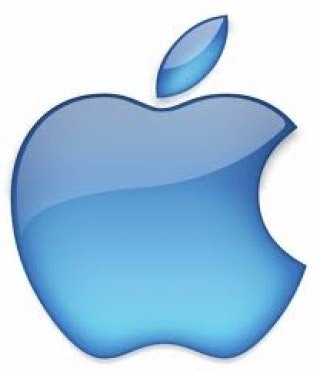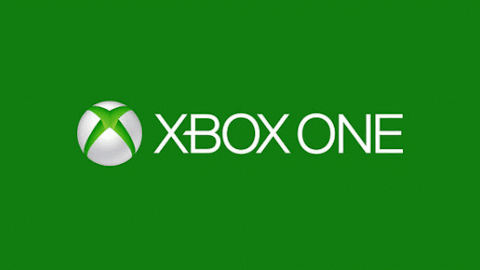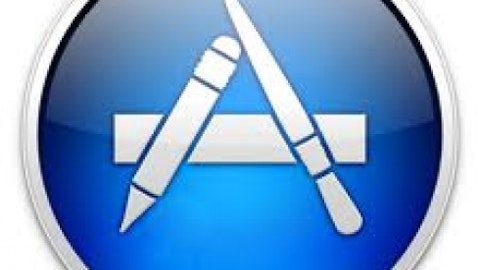Microsoft Corporation (NASDAQ:MSFT) recently announced Office for iOS (but not iPad), a great sign for the company’s future in cloud-based office suites — if not for the future of the Surface. The move is part of a long-standing trend toward web- and cloud-based document software, which Google Inc (NASDAQ:GOOG) pioneered years ago. Apple Inc. (NASDAQ:AAPL) is now finally dipping more than a toe in with the unveiling of iWork in Cloud at this year’s WWDC.
Let’s take a look at current cloud-based office offerings from Microsoft, Apple Inc. (NASDAQ:AAPL), and Google, and what they mean for investors.
Microsoft Corporation (NASDAQ:MSFT)
Redmond shook things up a couple of years ago with their announcement of a subscription-based Office suite. Dubbed Office 365, the program provides access to the Office suite and other Microsoft products for a variable fee per year.
With the release of Microsoft Office 2013, the company went all-in, developing a Home Premium version catering to regular consumers, and an education flavor for students looking to save money.
By Microsoft’s account, the suite is selling pretty well, and it’s no wonder — the price is right, and wide adoption of Office software means it’s the standard in many organizations and industries.
This cloud-based suite is one of the things Microsoft is getting right these days, and I think it’s a prescient move that will cement its place as king of the Office suite for a few more years. With a billion Office users, the company has a pretty big hill to stand on.
And that’s important for a company whose Windows division has seen flat growth in the wake of the Windows 8 debacle. On the other hand, Office 365 has driven growth in its parent Microsoft Business Division, which was the company’s most profitable last quarter. While the new subscription-based model could mean lower quarterly revenue in the short-term, Microsoft is hoping it will producer bigger margins year-over-year — and its recent moves should hearten investors who hope Redmond is right.
Apple Inc. (NASDAQ:AAPL)
At its recent Worldwide Developers Conference, Apple Inc. (NASDAQ:AAPL) announced “iWork for iCloud,” which is a little weird, because iWork was already available (kind of) in the (i)Cloud. The suite had been languishing for years, receiving only incremental updates since the release of — gulp — iWork ’09.
Sure, Apple Inc. (NASDAQ:AAPL) put out versions for iPad in 2010, and pushed content to the cloud last July with the release of OS X 10.8 Mountain Lion. But these were incremental changes — nothing to really compete with the Microsoft or Google juggernauts.
iWork for iCloud might change that. The big difference here is browser-based editing, which puts the suite in direct competition with Google Docs for the first time. But there are a couple of reasons I think Cuptertino’s offering will still fall short.
First of all, Apple Inc. (NASDAQ:AAPL) made no mention of real-time collaboration. The ability to watch what your colleagues are typing and chat about it is one of the strongest affordances of working in the cloud. Microsoft has promised it, Google (of course) has it, but Apple doesn’t seem concerned. I think it’s a real missed opportunity.
Secondly, Apple’s iCloud has been notoriously unreliable. The company famous for simple functionality has failed to live up to Steve Jobs’ claim: “It just works.” Apple will need to make substantial improvements if it wants to convince anyone that iWork in iCloud is the office suite solution they’re looking for.
Of course, iWork and the rest of Apple’s software offerings provide only a small fraction of its revenue. Last quarter it made a combined $38 billion from its hardware and only $4.1 billion from software and iTunes Store sales. iWork for iCloud’s value, if it is to provide one, will be to drive sales of Apple’s hardware. We’ll have to wait and see if the new offering is any more successful than the last version.
Google Inc (NASDAQ:GOOG)
I don’t need to tell you that Google Docs is popular. But I will anyway. Consulting firm Gartner was surprised to find that between 33% and 50% of cloud-based office users were on Google Docs in 2012 — compared with 10% in 2007. That’s huge growth and a huge market share for a product competing with the one called “Office.”
Of course, Google Docs is free (with the exception of their enterprise offerings), meaning the product produces only a little more than 1% of Google’s revenue. Still, like many of Google’s offerings, Docs is about bringing users into the Google ecosystem.
Unlike Office, Google has built Docs from the ground up as an online tool, while Microsoft has had to adapt its offerings for the cloud. In some areas, Google might never be able to replicate Office. But for many businesses, Docs might be a viable option.
And as working in the cloud becomes more normal, I think you’ll see more and more enterprise customers turning to Google’s solutions for their document, calendar, and email needs. Last year, Google Apps provided $1 billion in revenue for Google. That still makes up only 1.4% of the tech giant’s revenue, but I’m not the only one who expects that number to grow.
The bottom line
The real competition here is between Google and Microsoft. Both have full-featured cloud-based suites that provide a viable option for enterprise and small-business customers. And many regular consumers are likely to choose either Office or Google Docs for their office suite needs, even if those consumers use Apple products.
In some ways, the two companies are competing for different customers. But I think Google will continue to eat into Microsoft’s cloud-based office market share. Nonetheless, Microsoft is making strong moves to solidify its position in a market where complacency can be deadly.
And speaking of complacency, Apple has been slow-moving on cloud-based office solutions. One could’ve been forgiven for thinking it had simply given up the fight before this year’s WWDC, where we saw a glimmer of what might be. Still, Apple needs to make big changes before they can hope to provide a cloud-based office solution for anyone but the most dedicated fans.
Steven Yenzer owns shares of Apple. The Motley Fool recommends Apple and Google. The Motley Fool owns shares of Apple, Google, and Microsoft.
The article Why Apple’s Head Is in the Cloud originally appeared on Fool.com and is written by Steven Yenzer.
Steven is a member of The Motley Fool Blog Network — entries represent the personal opinion of the blogger and are not formally edited.
Copyright © 1995 – 2013 The Motley Fool, LLC. All rights reserved. The Motley Fool has a disclosure policy.





